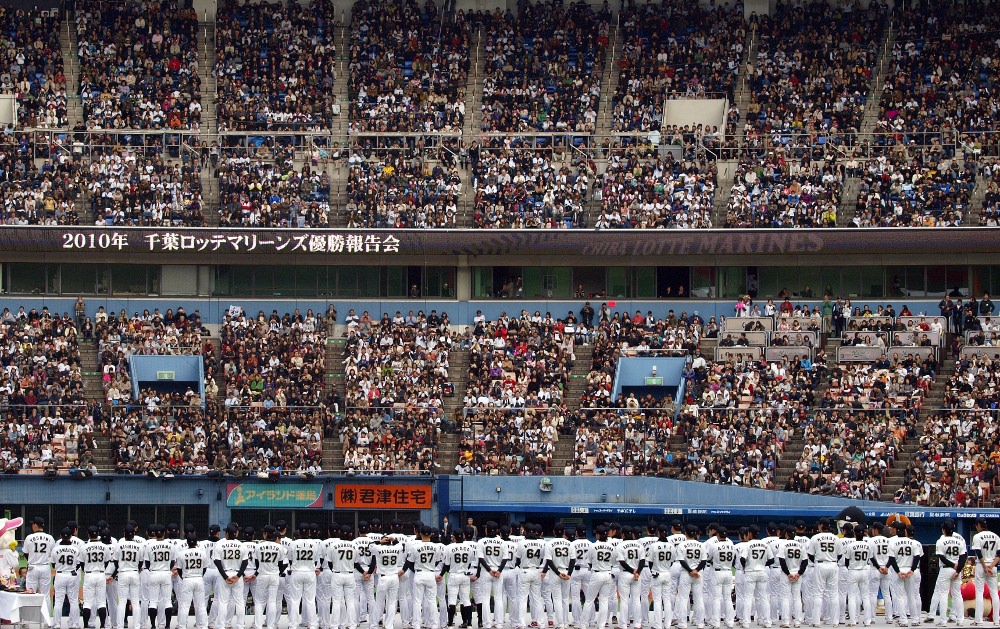
It’s that time again. It’s the time when everyone looks back on the year that was, and it’s no different here at Baseball Reflections. As my first year of writing essays for this site comes to a close, let’s take a brief look at the Japanese baseball year in review.
I started out by describing what baseball is like in Japan, and throughout the year we’ve looked at how certain facets of the game – from the All-Star break to the food at the stadiums – differ from what we’re accustomed to in MLB. Despite the differences, the Japanese game has the same basic elements as our national pastime: Excellent athletes, an exciting and unpredictable postseason, the standard awards, and a little controversy.
Two of the best catches I saw this season were made by Hiroshima Carp outfielders Masato Akamatsu and Soichiro Amaya. Although the teammates displayed their acrobatics during different games, they robbed the same team (Yokohama BayStars) behind the same starting pitcher (Yuuki Saitoh). The walls at Mazda Zoom Zoom Stadium, Hiroshima’s home ballpark, are shorter than at other fields, but those plays were still spectacular.
First catch: Masato Akamastu
Second catch: Soichiro Amaya
The Chiba Lotte Marines won the Japan Series, which was considered a miracle by experts and fans alike, since they barely qualified for the Climax Series. Guided by manager Norifumi Nishimura, in his first season as Bobby Valentine’s replacement, the Marines clinched third place in the Central League and a postseason berth on the last day of the season.
The Sawamura Award winner was Kenta Maeda of the Hiroshima Carp. He went 15-8 and led the Central League in ERA (2.21) and strikeouts (174) for a team that finished fifth in the league with a 58-84 record. The Sawamura is different from the Cy Young in that only one is awarded to the best pitcher in all of Nippon Professional Baseball, rather than one in each league.
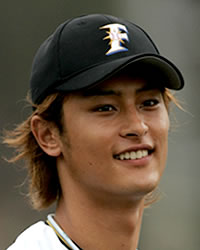
Left out of the accolades but still a hot topic is Yu Darvish, the sensational pitcher for the Nippon Ham Fighters. He led the Pacific League with an outstanding 1.78 ERA and 222 strikeouts, but his record was 12-8. One of the criteria for Sawamura Award consideration is that a pitcher must have 15 or more wins. Yet Darvish is still the most talked about pitcher in NPB, and he’s staying in Japan for at least another season. Only 24 years old, the right-hander is coveted, and for years MLB teams have been sending scouts to watch him pitch. The hope of those teams is for Darvish to post, and rumors indicate that he’ll do so after the 2011 season.
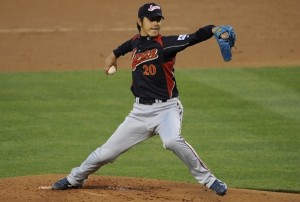
Major League Baseball missed out on Darvish, and Hisashi Iwakuma missed out on Major League Baseball. Iwakuma and the Oakland A’s, who won the right to negotiate with the ace after bidding the highest posting fee ($19.1 million), could not agree on an acceptable contract. The pitcher and his agent, Don Nomura, wanted a salary between $11 and $12 million a season, but the A’s wanted the range to be below $4 million. After thirty days of fruitless negotiations during which neither party seemed willing to budge, Iwakuma re-signed with the Rakuten Golden Eagles.
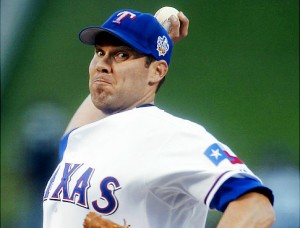
With all the talk about who posted and who didn’t, the best former NPB player in MLB this year was an American. Colby Lewis may have had a losing record during the regular season (12-13, 3.72 ERA), but it was during the postseason that he truly shined. The former Hiroshima Carp beat the Yankees twice in the ALCS and won Game 3 of the World Series before his Texas Rangers ultimately lost to the San Francisco Giants.
The success Lewis had on MLB’s biggest stage helped to bring more attention to Japanese baseball. Now more baseball fans know there are players other than Yu Darvish, and someone other than Ichiro can do well in MLB. I hope my essays during this year have educated fans and have shown them the joys of Japanese baseball as well.
Happy New Year!


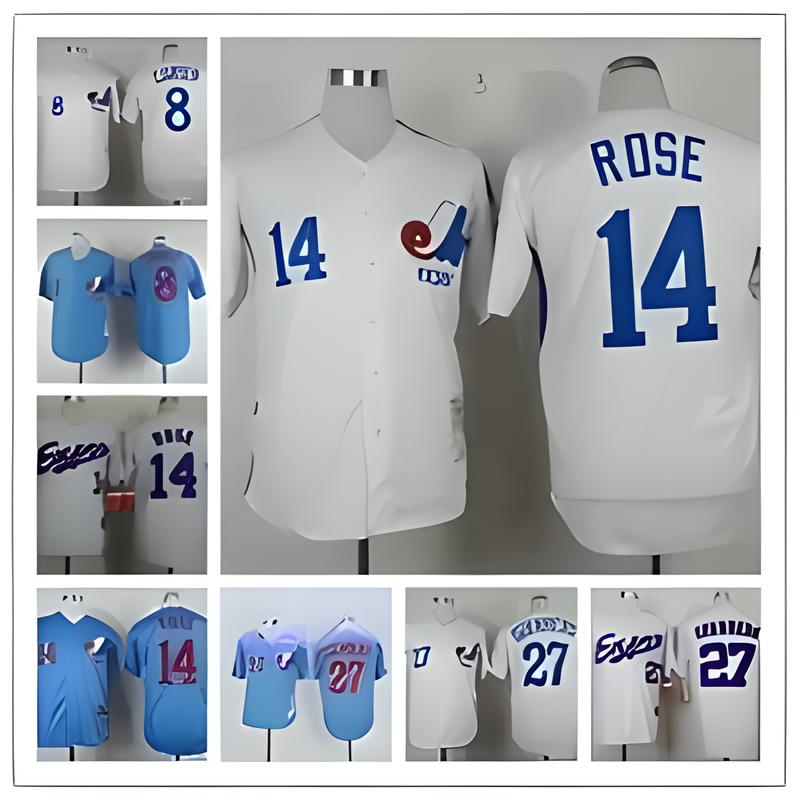

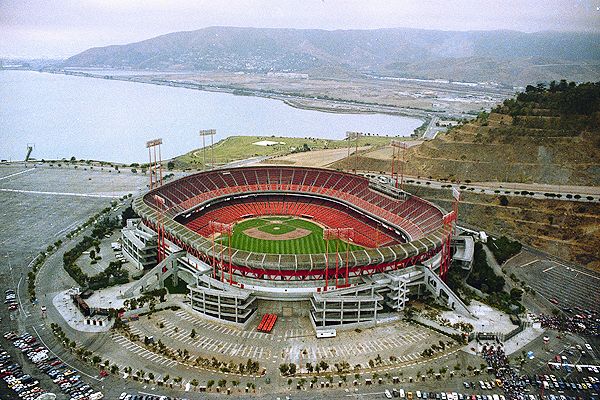
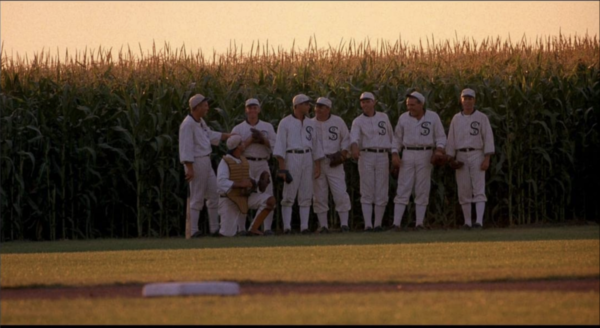

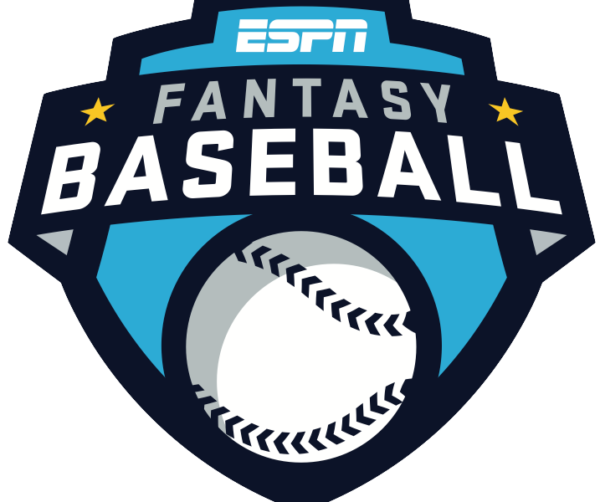
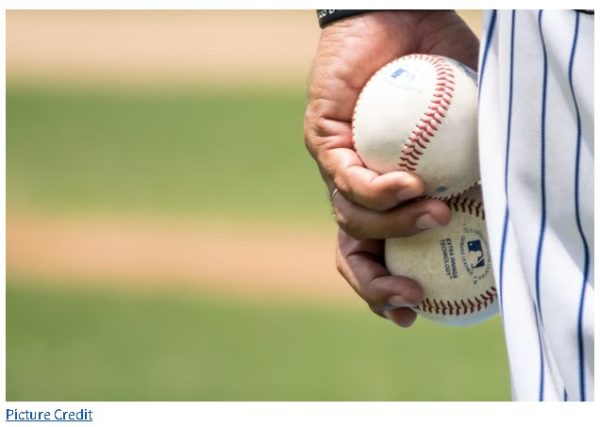
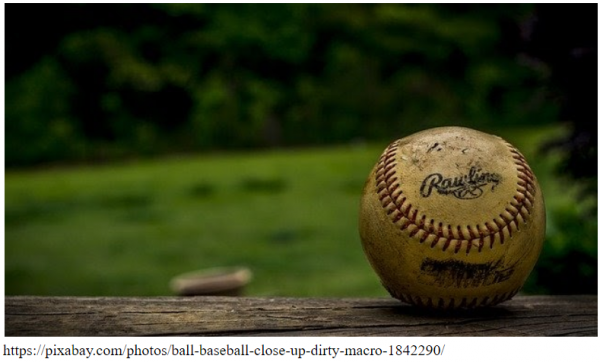

One Response
It was definitely an exciting season and I’ve appreciated your articles all through 2010. I hope to read more from you in 2011